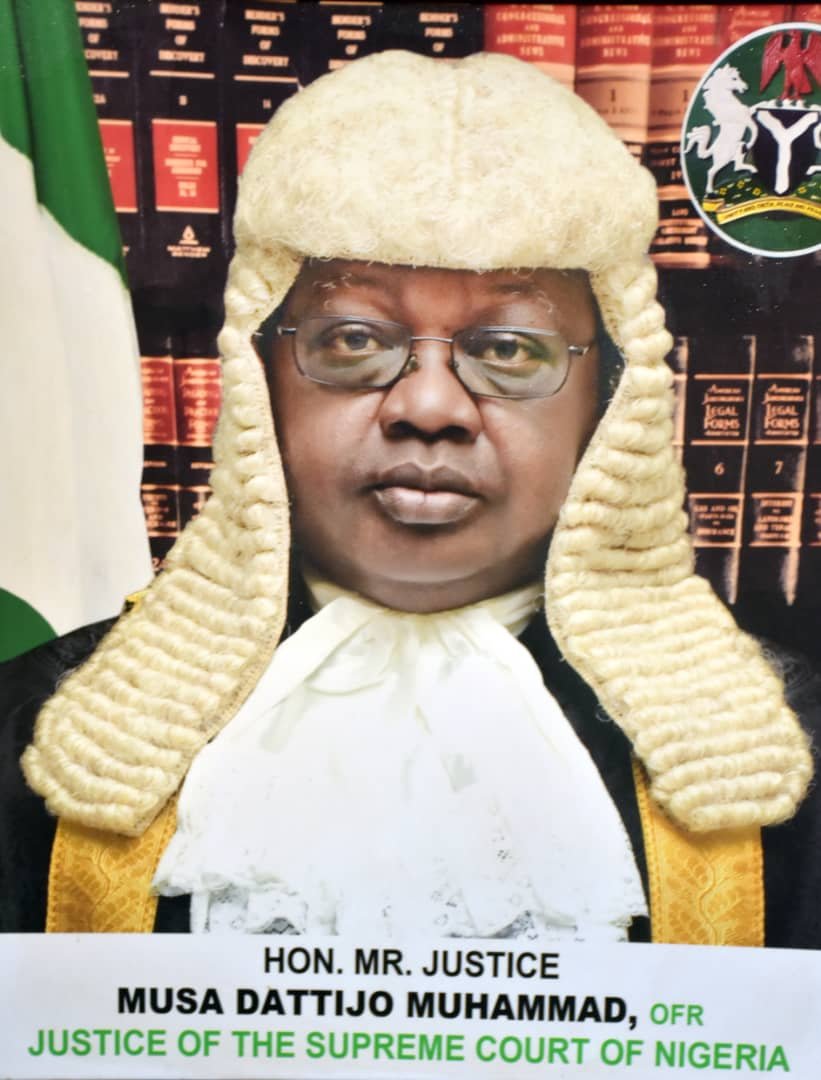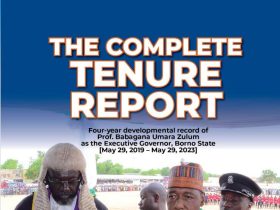Retired Supreme Court Justice Decries Judicial Crisis and Urges Reforms
Nigeria’s Judiciary Faces Criticism and Depletion of Justices
On his final day as a Justice of the Supreme Court, Justice Musa Dattijo Muhammad made a scathing assessment of the state of Nigeria’s judiciary, expressing concerns about what he saw as filth, intrigues, and negative public perceptions.
Justice Muhammad, who reached the mandatory retirement age of 70, used his valedictory court session to highlight several key issues.
He lamented the exclusion of two out of six geopolitical zones from the Supreme Court’s bench hearing appeals on presidential elections, considering it a dangerous situation for democracy and equity. He noted that this situation directly affected the representation of the South East and North Central regions, with no replacements being made for departed justices.
Justice Muhammad also criticized the appointments of judicial officers, claiming that they had been influenced by political, selfish, and sectional interests. He pointed out that in the past, appointments were strictly based on merit, with a focus on sound legal knowledge, integrity, and hard work.
Furthermore, he called for a reduction in the powers of the Chief Justice of Nigeria (CJN) to prevent potential abuse of office. Justice Muhammad argued that the CJN’s extensive powers over various judicial bodies, including the National Judicial Council (NJC) and Federal Judicial Service Commission (FJSC), could lead to corruption and recommended more inclusion and consultation among stakeholders.
The retiring justice also expressed concerns about the significant reduction in the number of Supreme Court justices, highlighting that the court now had only 10 justices compared to the constitutional requirement of 21. He raised questions about the allocation of funds to the judiciary, suggesting that despite increased budgets, the welfare and service quality of the judiciary continued to decline.
In an embarrassing disparity, he noted that the Chief Registrar of the Supreme Court earned more than the justices, with the Chief Registrar earning N1.2 million per month while justices took home N751,000 monthly.
Following Justice Muhammad’s retirement, the Supreme Court now has its lowest number of justices in contemporary history, with only 10 remaining on the bench. However, Chief Justice Olukayode Ariwoola reassured the public that efforts were underway to appoint a significant number of justices to address this shortage.
The CJN paid tribute to Justice Muhammad, describing him as a quintessential judicial icon with an impeccable record and a model of excellence in the legal profession. He acknowledged Justice Muhammad’s contributions to the judiciary throughout his career.
Justice Muhammad’s candid assessment of Nigeria’s judiciary has sparked discussions about the need for reforms and addressing the concerns raised during his valedictory session.









Leave a Reply